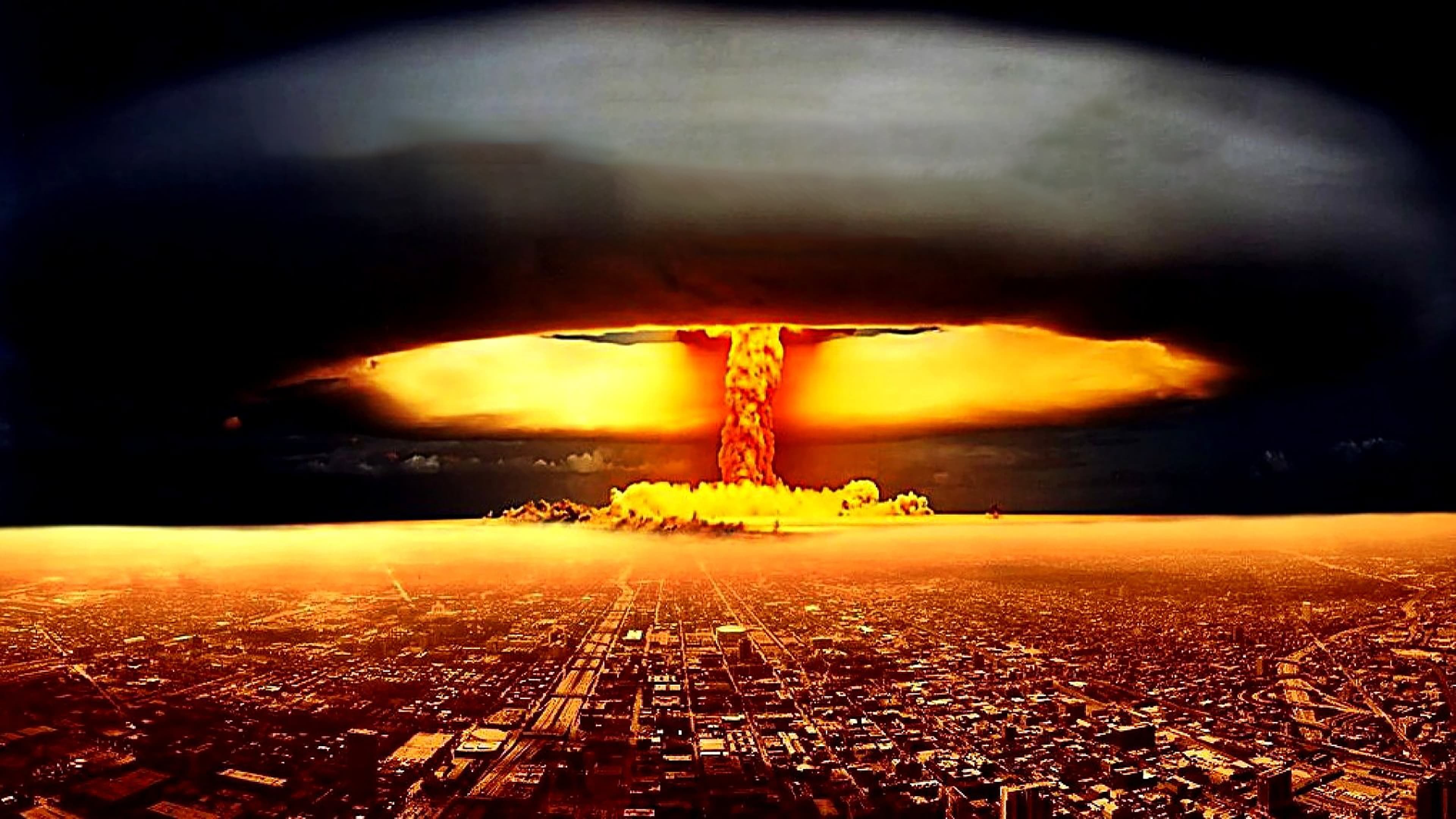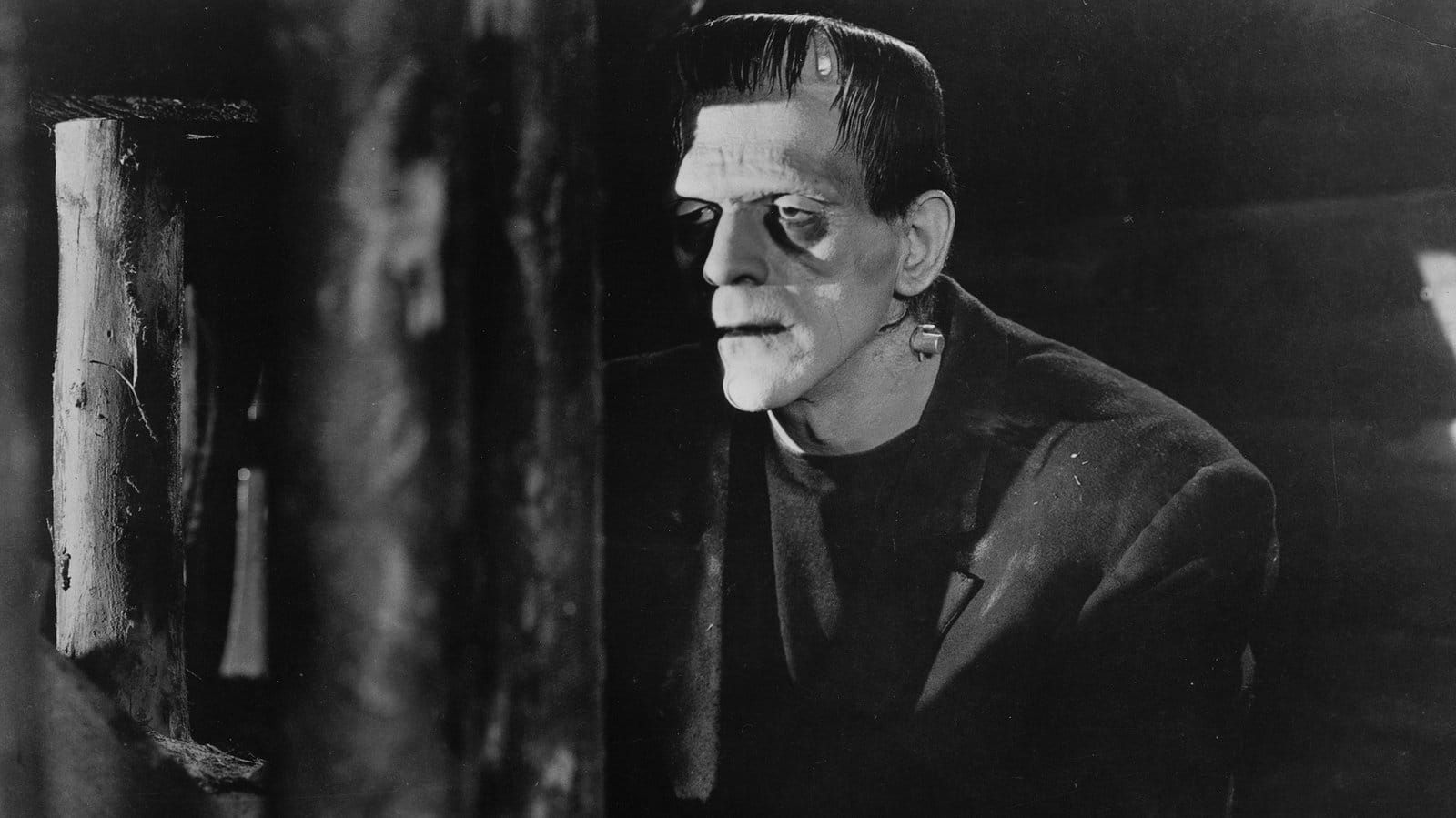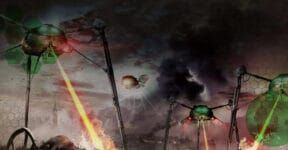Sci-fi horror, a genre deeply intertwined with our cultural anxieties, has consistently explored humanity’s fears through imaginative and often unsettling narratives. While Mary Shelley’s Frankenstein laid the groundwork for exploring the dangers of unchecked scientific ambition, authors like H.G. Wells and H.P. Lovecraft further cemented the genre’s power to reflect societal anxieties.

Lovecraft’s The Colour Out of Space, for instance, uses the seemingly scientific premise of a meteorite impact to introduce an inexplicable, alien force. The “colour” itself, beyond human comprehension, embodies the fear of the unknown and the potential for extraterrestrial threats. This blend of scientific concepts with the supernatural creates a potent cocktail of dread, characteristic of much of Lovecraft’s work.
A recurring theme in sci-fi horror is the apocalypse – the potential extinction of humankind. Whether through monstrous creatures, pandemics, technological failures, resource depletion, or alien invasion, these narratives tap into our primal fear of an end we cannot control. These stories are intrinsically linked to the time in which they are created, serving as a reflection of contemporary anxieties.
Reflecting Historical Anxieties:
- Colonialism: George Chesney’s The Battle of Dorking (1871) depicted a German invasion of England, reflecting anxieties about potential European conflicts. H.G. Wells’ The War of the Worlds, written around the same time, cleverly used Martian invaders as a metaphor for the horrors of colonialism, prompting reflection on the devastating impact of imperial ambitions.
- The Cold War: The Cold War era shifted the focus from outright invasion to the insidious threat of infiltration. Invasion of the Body Snatchers (1956) captured the paranoia of communist influence, portraying emotionless duplicates replacing unsuspecting citizens. This fear extended to the nuclear arms race, vividly depicted in The Day After (1983), which showcased the potential devastation of a nuclear holocaust. The Terminator (1984) further explored anxieties surrounding unchecked technological advancement, specifically the potential dangers of artificial intelligence.
Contemporary Fears:
Today, many of these historical anxieties remain relevant. The threat of nuclear war, the possibility of alien encounters, and the rapid development of AI continue to fuel our collective fears. Sci-fi horror continues to explore these themes, offering cautionary tales about the potential consequences of our actions and the forces beyond our control. These narratives serve as a powerful reminder of our vulnerability and the importance of responsible innovation and global cooperation.
Beyond the Familiar:
While the examples mentioned represent significant periods of influence, other historical moments have undoubtedly shaped sci-fi horror. Exploring these connections can provide valuable insights into the evolution of the genre and the changing landscape of human anxieties. What other historical events or social issues do you think have influenced sci-fi horror? How do these narratives help us understand our collective fears and anxieties?
Other Things You Might Want to Know
Some war horror movies to watch:
- Deathwatch (2002)
- The Devil’s Rock (2011)
- R-Point (2004)
- The Objective (2008)
- Philosophy of a Knife (2008)
- Trench 11 (2017)
- Overlord (2018)
According to BFI, the 10 best movies about nuclear apocalypse are as follows:
- Thirteen Days (2000)
- Crimson Tide (1995)
- Miracle Mile (1988)
- Threads (1984)
- War Games (1983)
- Colossus: The Forbin Project (1970)
- The War Game (1966)
- Fail Safe (1964)
- Seven Days in May (1964)
- Dr. Strangelove, or: How I Learned to Stop Worrying and Love the Bomb (1964)
Alien invasion movies recommendation:
- War of the Worlds (2005)
- Edge of Tomorrow (2014)
- Invasion of the Body Snatchers (1956)
- Attack the Block (2011)
- Independence Day (1996)
- Mars Attacks! (1996)
- Signs (2002)
- The World’s End (2013)
- They Live (1988)







